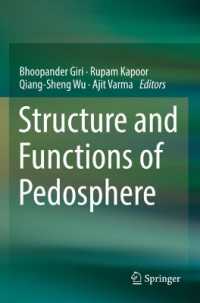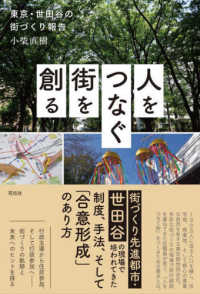Full Description
This book presents an original and comprehensive reading of the contemporary Mauritian society where Hinduism is practised by more than half of the population. It discusses themes such as the genesis of the Mauritian multicultural society; religious and cultural transformations; the cult of kalimai; the building of social relations and the birth of associations; and the link between Mauritian Hinduism and sugar plantation economy to highlight the interactions of the religious with the political economy of the nation.
First of its kind, this book, with its rich ethnographic accounts, will be an essential read for scholars and researchers of religion, Hinduism, social anthropology, sociology, cultural studies, diaspora studies, sociology of religion and African studies.
Contents
List of Illustrations
Preface
Acknowledgements
In Memoriam
Introduction
1 Genesis of a Mauritian multicultural society
2 Observation of religious and cultural transformations
3 The Kalimais of Clémencia
4 The Kalimai of Beauvallon at Camp de Masque Pavé: The nurturing of social relations and the emergence of associations
5 The rituals observed at various kalimais
6 The Kalimais of Boutique Joseph and l'Unité: Contexts and differences
7 Development of villages and temples in the east: Social segmentations
Glossary
Bibliography
Index








